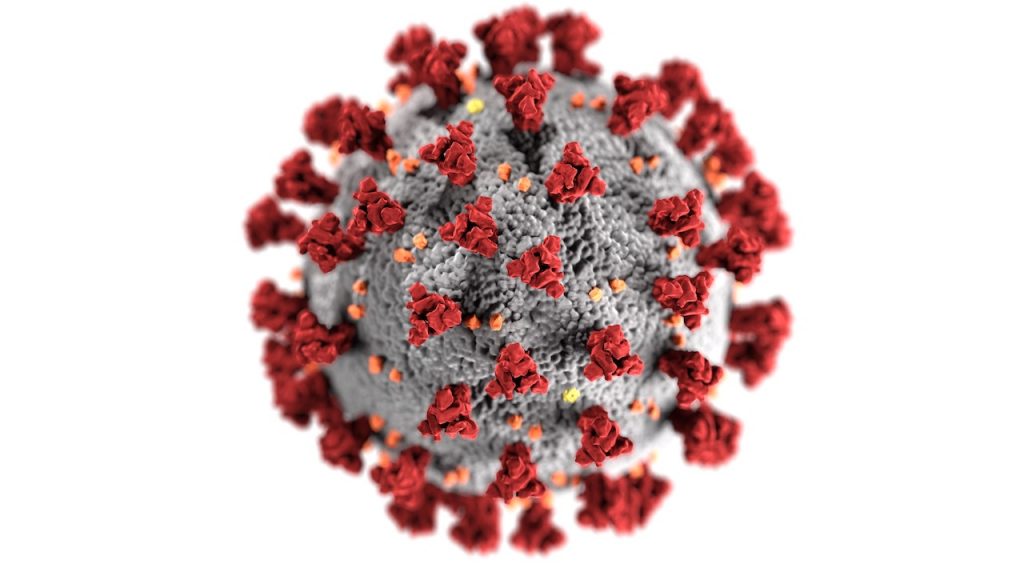Critics Fault Henry Ford Hydroxychloroquine Study Methodology, Conclusion
One critic says the study, which found the drug led to fewer COVID-19 deaths, did not used a randomized trial and patients not administered the drug were more likely to die anyway.

A recent Henry Ford Health System study finding COVID-19 patients treated with hydroxycloroquine were less likely to die from the virus is drawing skepticism from some medical professionals.
Critics say the research is an “observational study” that did not make use of random control groups. Steven Nissen, chief academic officer of the Heart & Vascular Institute at the Cleveland Clinic, says the study’s methodology preordained its conclusion.
“I can tell you it doesn’t prove anything.” — Steven Nissen, Cleveland Clinic
In a randomized study, “you assign people to get one therapy or another and then find out how they do,” Nissen said. This study, however, “was what’s known as an observational study, where you look at people who got the drug compared to people who didn’t.”
Nissen says the Henry Ford patients not given hydroxychloroquine based on risk of side effects were already more likely to die from the virus. The Henry Ford researchers counter that they used different dosing methods than other studies.
While Henry Ford says its study is peer reviewed, Nissen says that does not mean the findings are credible.
“What a peer review person might have said is ‘look, it’s worth publishing but it doesn’t prove anything’ and I can tell you it doesn’t prove anything,” Nissen said. “And there is nobody who’s working in this area who has any knowledge of this that says it’s a reliable study.”
Nissen says the US Food and Drug Administration has verified hydroxyclorquine does not help treat COVID-19 through studies using random control groups. The FDA recently withdrew permission for the treatment based on more reliable studies that contradict the health system’s findings.
Trusted, accurate, up-to-date
WDET is here to keep you informed on essential information, news and resources related to COVID-19.
This is a stressful, insecure time for many. So it’s more important than ever for you, our listeners and readers, who are able to donate to keep supporting WDET’s mission. Please make a gift today.
